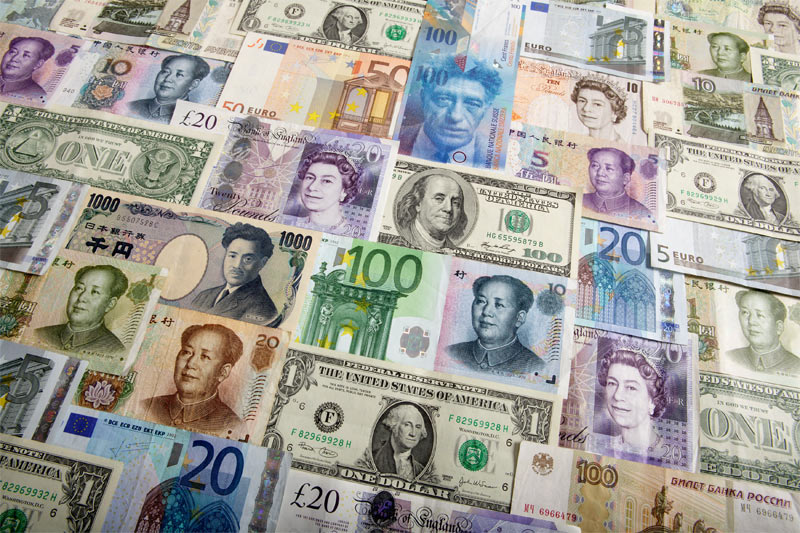Trump administration authorizes CIA for covert action in Venezuela - Bloomberg
(Repeats to add story keyword used by media customers)
By Lisa Pauline Mattackal and Aaron Saldanha
Dec 11 (Reuters) - Fitch Ratings does not expect a banking
crisis in African countries it covers, although it warned that
Angolan lenders were looking "somewhat vulnerable" due to
sovereign risks to the country.
Lenders in Angola are on relatively weak footing, Mahin
Dissanayake, senior director and head of African bank ratings at
Fitch Ratings, said on Friday, adding Fitch's "CCC" rating on
the country's debt suggested a real possibility https://www.fitchratings.com/products/rating-definitions
that Africa's second biggest oil producer could default.
Angola is saddled with debt following a sharp decline in
crude prices and the impact of the coronavirus pandemic on its
economy.
Last month, Angola's finance minister said the country hopes
to get breathing space on repayment of debt for the next three
years as a result of negotiations with its main creditors.
A return to pre-pandemic growth rates for South African
lenders would surely take more than two years, Dissanayake told
the Reuters Global Markets Forum (GMF), while expressing
concerns about rising unemployment and its impact on the
unsecured retail lending portions of the banks' loan books.
On Nigerian banks, Fitch's Dissanayake said their ability to
generate strong revenue would help blunt the impact of higher
expected credit costs. Nigerian lenders have benefited from the
stabiliz https://www.fitchratings.com/research/banks/risks-to-nigerian-banks-asset-quality-loom-in-2021-beyond-08-12-2020ation
of oil prices following a plunge in the first quarter of 2020.
"Recovery will be driven by volume growth," he said, adding
that a key trigger would be the expiry of Nigerian debt relief
measures by the end of March.
He forecast the average impaired loan ratio, based on
international accounting standards, for Nigerian banks that
Fitch covers to rise to about 10% by the end of 2021 from the
current 7%.
The International Monetary Fund has forecast a 3.25%
contraction in the oil-supported economy in 2020, while calling
for broad market and exchange rate reforms to fix Nigeria's
balance of payment pressures. Nigeria's banking stock index .NGSEBNK10 rose 2.5% on
Friday, recovering from Thursday's 4.8% drop, which was
triggered by ratings agency Moody's warnings on a surge in bad
loans. The local benchmark .NGSEINDEX fell 0.9%. interviews were conducted in the Reuters Global Markets
Forum, a chatroom on Refinitiv Messenger. Sign up: https://refini.tv/33uoFoQ
)
